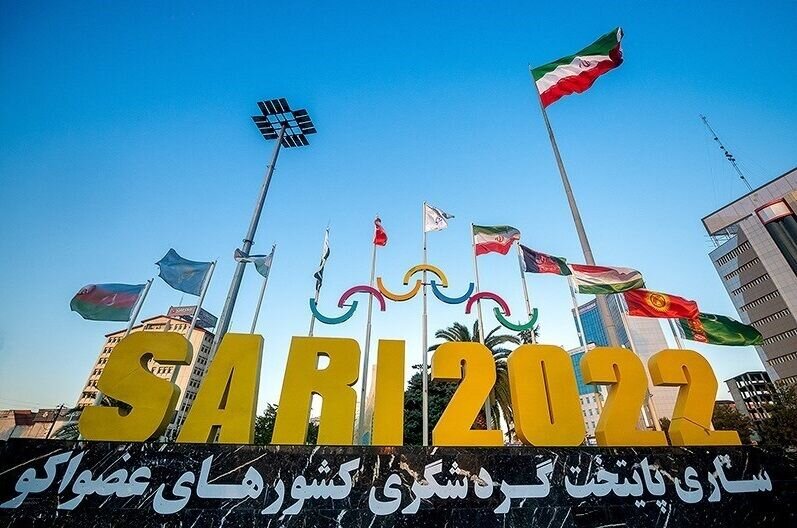ECO ministers invited to inaugurate “Sari 2022” in mid-March

TEHRAN – Ministers and representatives from the Economic Cooperation Organization (ECO) have been invited to attend the inauguration ceremony of the “Sari 2022” in the northern Iranian city on March 17 and 18.
On Saturday, the head of Mazandaran Cultural Heritage, Tourism, and Handicrafts Department Mehdi Izadi said the inauguration ceremony will be attended by ECO ministers as well as other local and international guests, CHTN reported.
Iranian cities of Sari, the capital of Mazandaran province, and Ardabil, the capital of Ardabil province, were selected in 2019 as the cultural capitals for the Economic Cooperation Organization for 2022 and 2023 respectively.
The successful organization of the international event is of high importance for the country, and Mazandaran in particular, Izadi said.
On March 18, the guests will be transported to visit several historical and cultural destinations including the city of Farahabad, Sari Museum, the traditional bazaar, and Dasht-e Naz Wildlife Refuge, Izadi explained.
Moreover, some memorial trees will be planted in the name of each ECO member state, the official added.
Sari was selected as the tourism capital of ECO during the 3rd ECO Ministerial Meeting on Tourism, preceded by the 5th High-Level Experts Group (HLEG) on tourism, which was held on October 3-4, 2019, in Khujand, Tajikistan.
“Sari 2022” is considered the best opportunity for cooperation between Iran and ECO member states and, given this opportunity, all potentials can be used for the prosperity and branding in the field of tourism and economy.
“The province must introduce the capacities of the region in the international arena, with the participation of all institutions, especially the honorable people of Mazandaran.”
On the sidelines of the year-long event, he said, the exhibitions of local foods, handicrafts, traditional arts, and flowers and herbs will be organized.
Local officials believe Mazandaran, which is a top destination for domestic travelers, can be turned into a destination for foreign travelers as well through careful planning.
Sandwiched between the towering Alborz mountain range and the Caspian Sea, Mazandaran has a rich yet turbulent history. An early civilization flourished at the beginning of the first millennium BC in Mazandaran (Tabarestan).
Its insecure eastern and southeastern borders were crossed by Mongol invaders in the 13th and 14th centuries. Cossacks attacked the region in 1668 but were repulsed. It was ceded to the Russian Empire by a treaty in 1723, but the Russians were never secure in their occupation. The area was restored to Iran under the Qajar dynasty.
The northern section of the region consists of lowland alongside the Caspian and upland along the northern slopes of the Alborz Mountains. Marshy backlands dominate the coastal plain, and extensive gravel fans fringe the mountains. The climate is permanently subtropical and humid, with very hot summers.
ECO is an intergovernmental regional organization encompassing countries from Europe, Caucuses and Central Asia, Middle East and South Asia with more than 460 million inhabitants and over 8 million square kilometers connecting Russia to the Persian Gulf and China to Europe. According to the organization, its overall objective is to materialize the sustainable economic development of its member states and the region as a whole.
AFM
